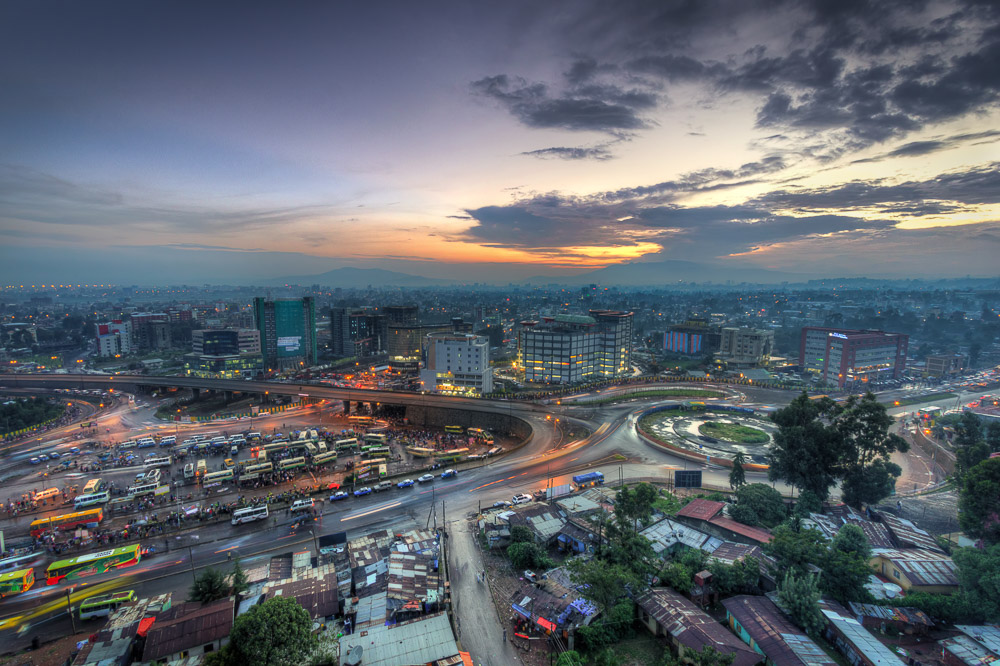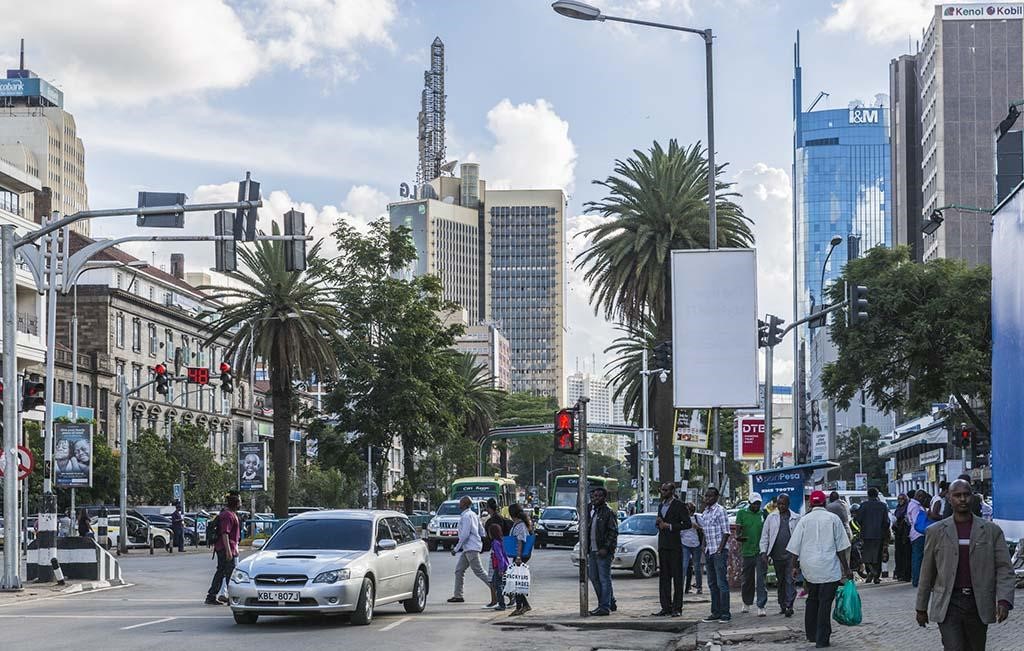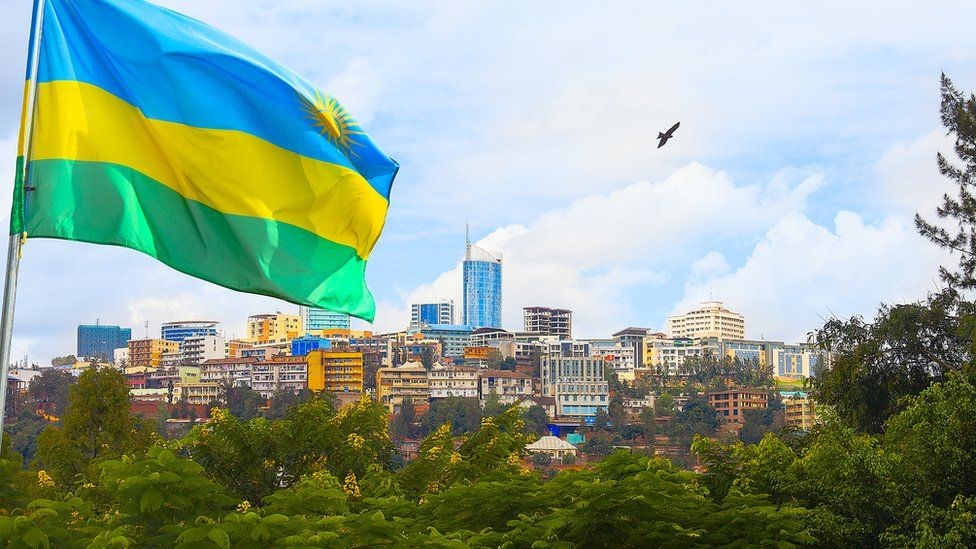The African real estate market presents a diverse landscape with unique challenges and opportunities in different countries. This article delves into the current state of the real estate sectors in Ethiopia and Ghana, highlighting the key trends, demand drivers, and factors influencing their growth. By examining the office space, retail, and industrial segments, we gain insights into the resilience and adaptability of these markets amidst political, economic, and social changes.
Ethiopia: Navigating Political Instability
The Ethiopian real estate market remains delicate due to the political and social instability that has prevailed for the last two years. Despite the lack of activity in the office market, rents have experienced a slight increase, driven by the shortage of high-quality office space. Development activity is concentrated in the Financial District, where banks and insurance companies are pursuing ‘build-to-suit’ options to address the acute shortage of office space in Addis Ababa.
Ghana: Recovering from the Pandemic’s Impact
Ghana’s economy is slowly recovering from the pandemic-induced recession, with the real estate sector adapting to the changing market conditions. The prime office market remains subdued, with rents falling by 21.4% over the last two years. However, best-in-class office buildings have outperformed, with the fully leased Atlantic Towers setting the benchmark for energy-efficient and high-quality office spaces.
Office Space Demand: Shifting Occupational Strategies
The demand for office space continues to be undermined by ‘rightsizing’ post-Covid occupational strategies and economic weakness. Landlords are offering concessions and rent reductions to attract tenants, while developers focus on smaller, energy-efficient office projects to cater to the evolving needs of the market.
Retail Sector: Adapting to Changing Consumer Preferences
The retail sector has shown resilience, with convenience retail and neighborhood malls thriving amidst the pandemic-induced changes in shopping habits. Developers are responding by focusing on smaller neighborhood retail developments. However, the recovery remains fragile, with currency devaluation and rising inflation posing risks to consumer spending.
Industrial Sector: Capitalizing on Emerging Opportunities
Ghana’s industrial sector is experiencing heightened demand from sub-sectors such as logistics and data centers, countering the broader decline in space needs prompted by economic challenges. Investors are actively acquiring land parcels and built assets to meet the escalating demands of these burgeoning sectors. Although the outlook for the industrial domain remains cautiously optimistic, there is potential for a gradual recovery as demand escalates and international manufacturers make inroads into the market. This trend underscores the resilience of Ghana’s industrial landscape amidst economic uncertainties and signifies opportunities for sustained growth and expansion in the foreseeable future.
Conclusion:
The real estate markets in Ethiopia and Ghana demonstrate the resilience and adaptability of the African real estate sector amidst political, economic, and social challenges. By understanding the unique dynamics of each market, stakeholders can navigate the complexities and seize the opportunities presented by the evolving landscape. As the African real estate sector continues to evolve, a focus on sustainability, innovation, and adaptability will be key to driving long-term growth and success.



